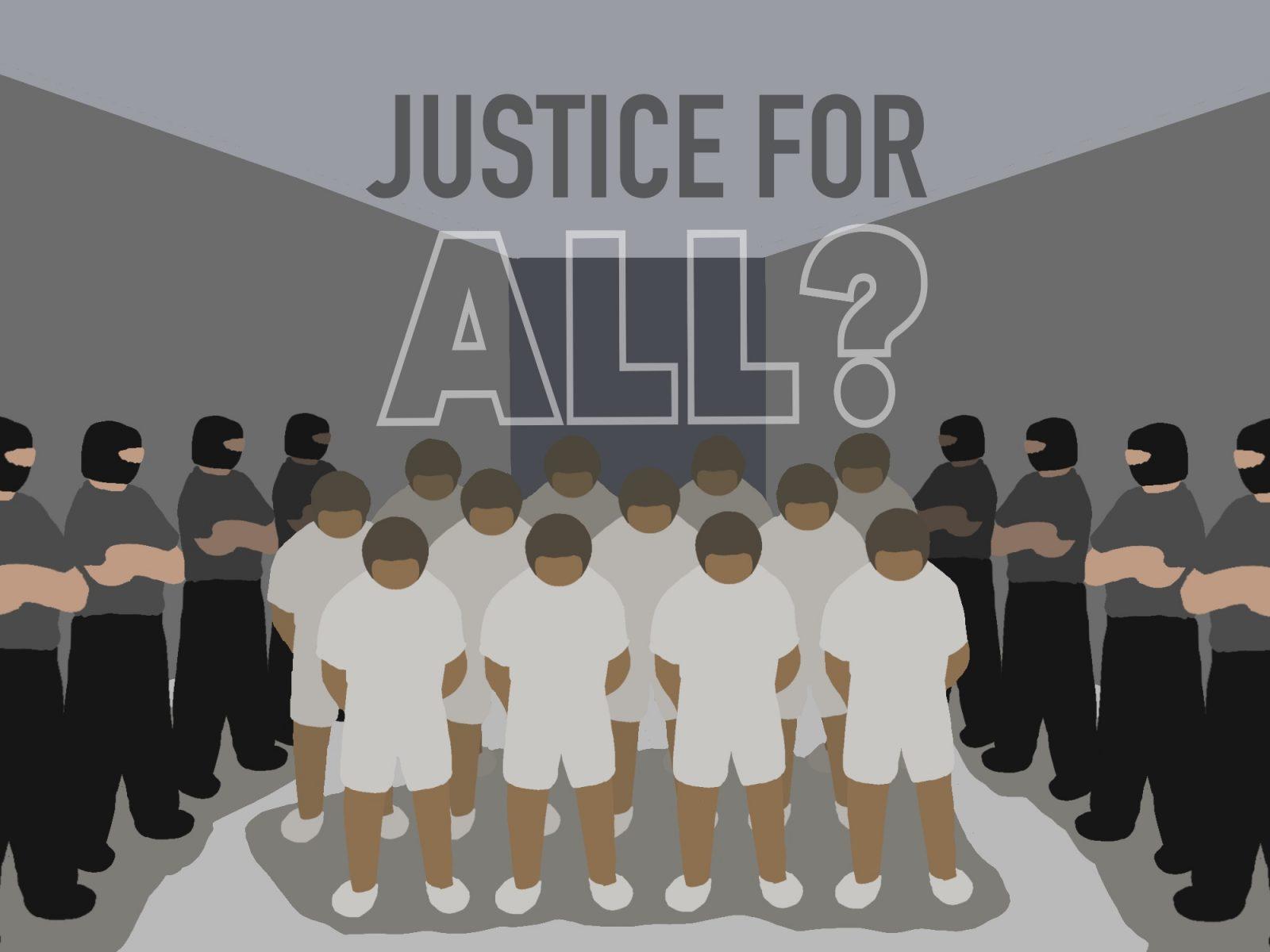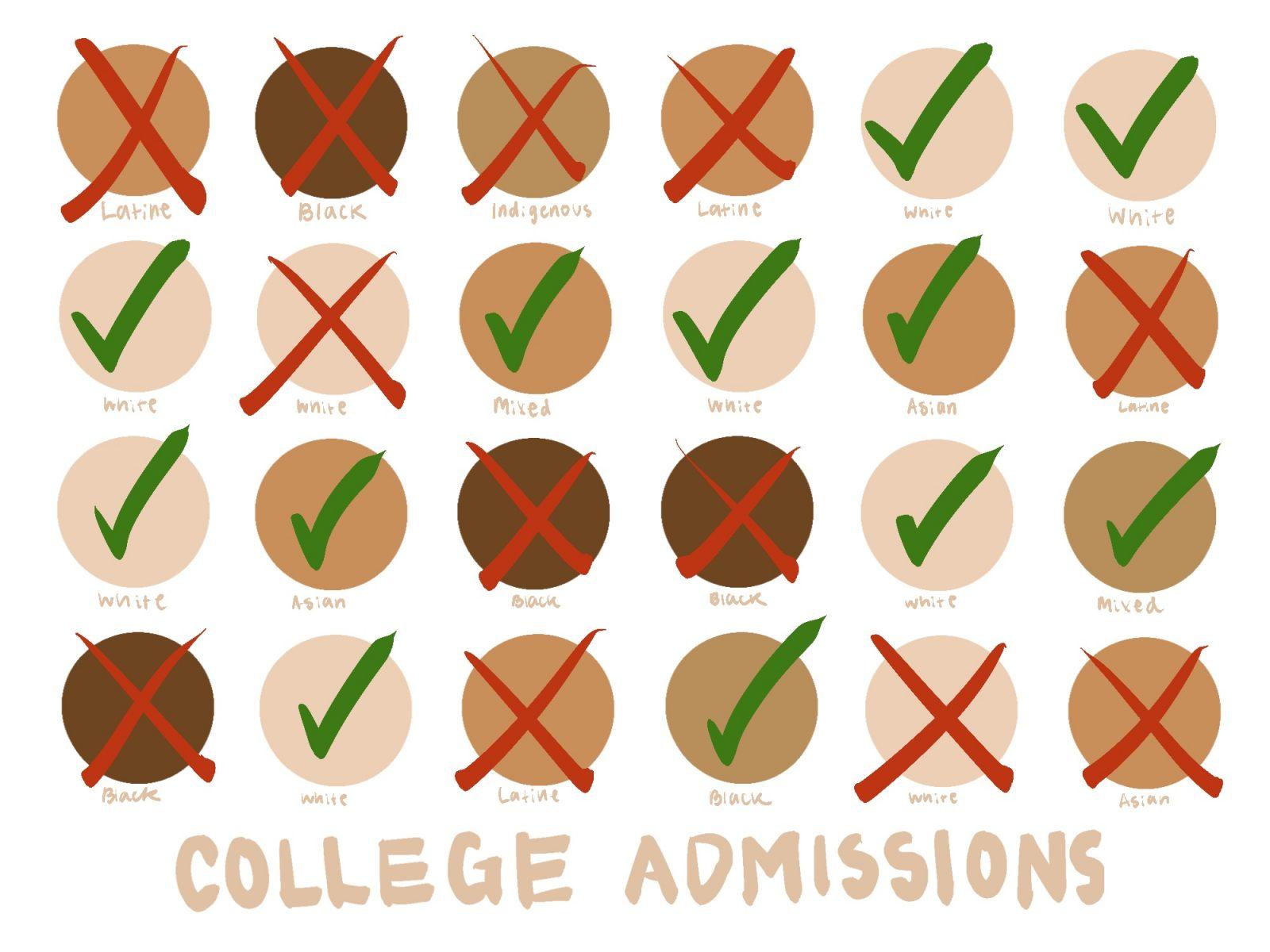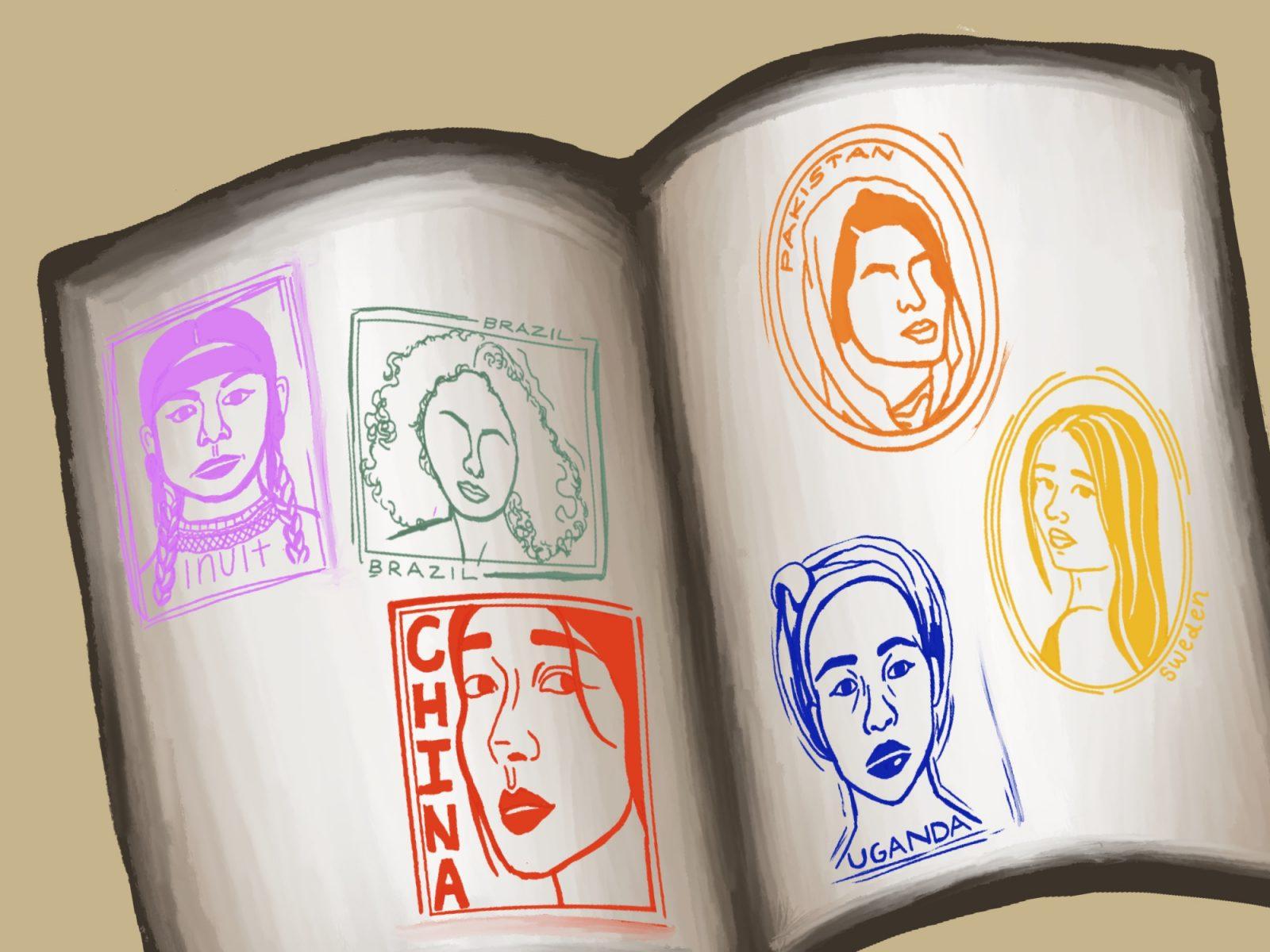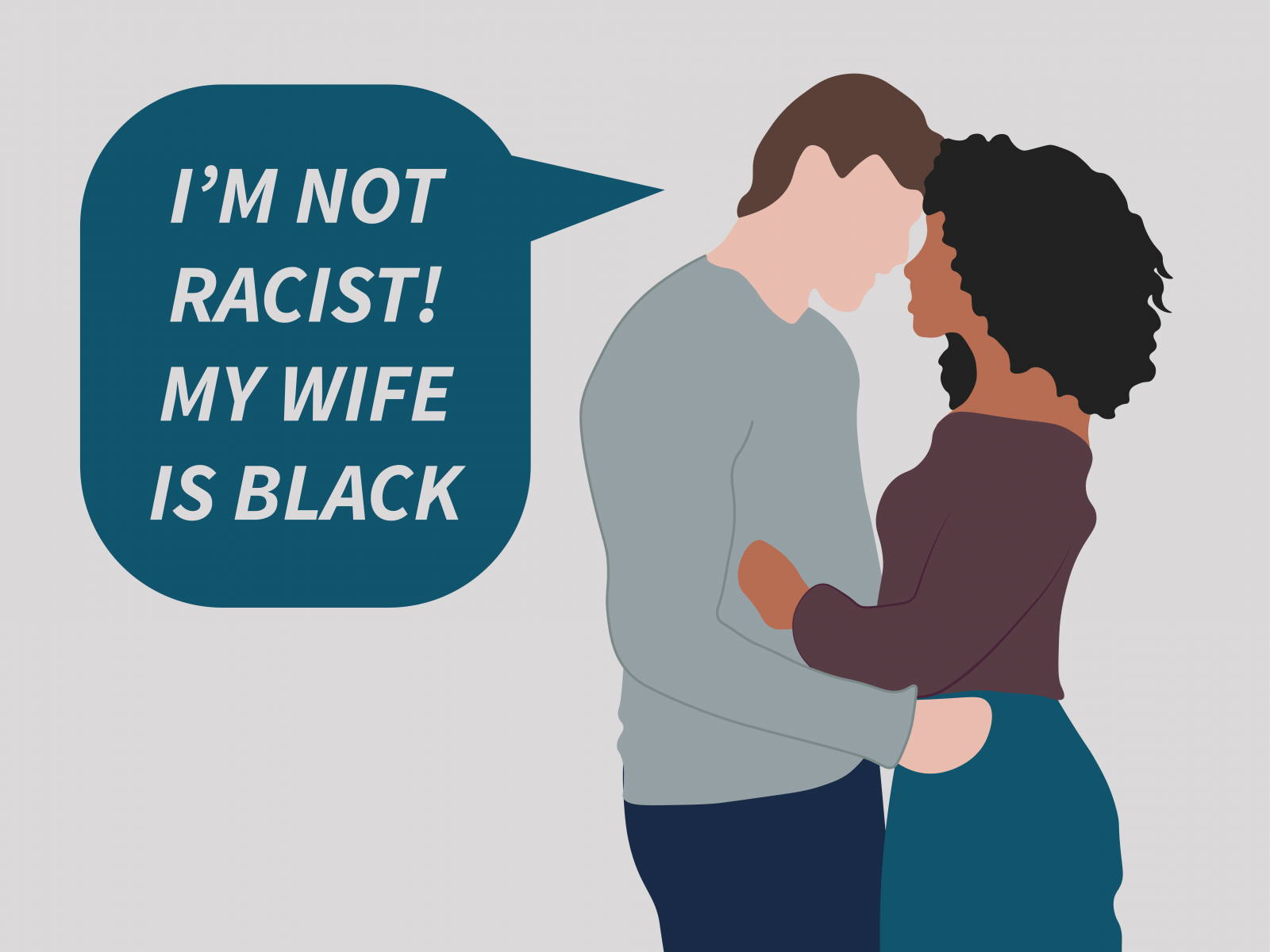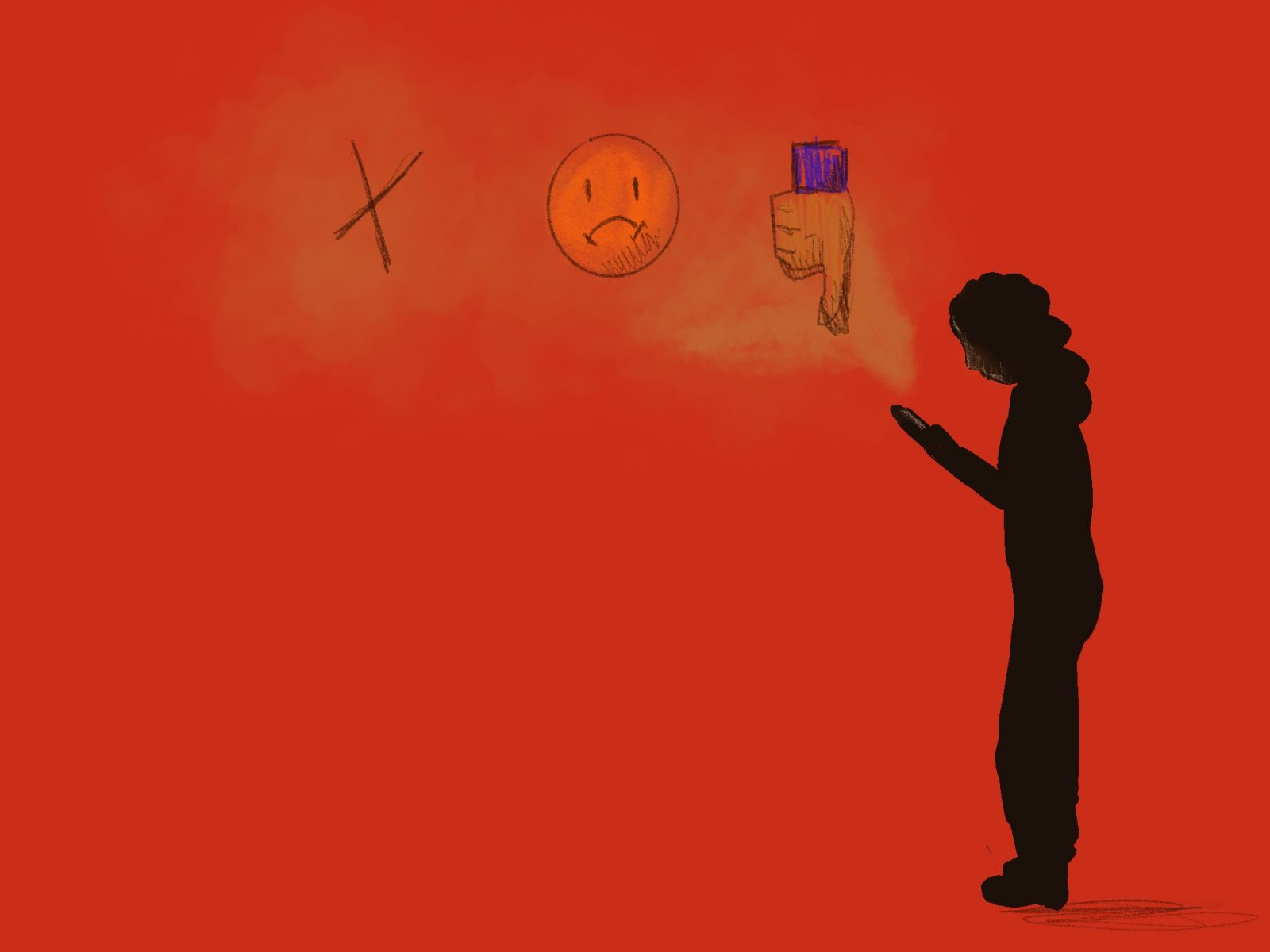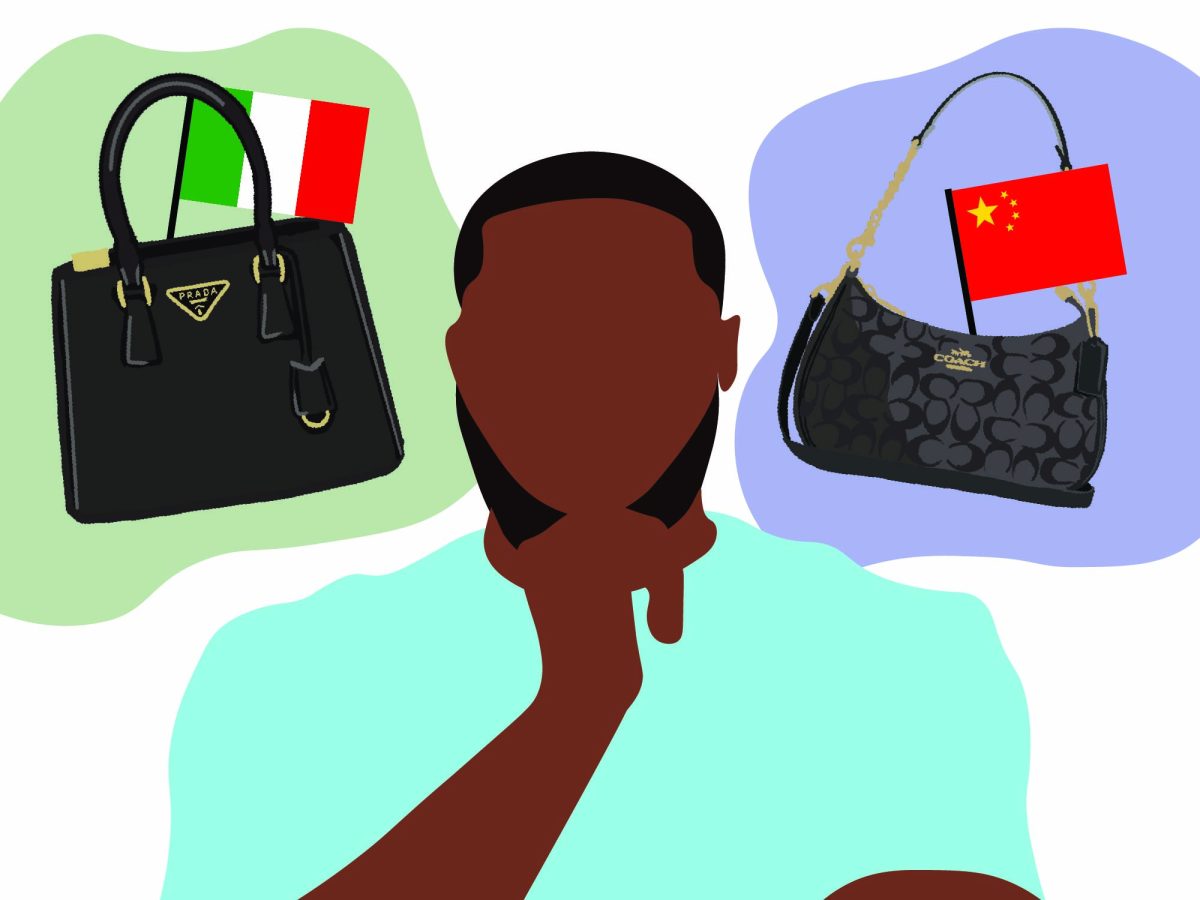As I was scrolling through TikTok, I noticed that a peculiar term has gained popularity: “Oxford study.” This term is most often used in the comments section of videos featuring relationships between Asian women and white men, seemingly to criticize this particular racial pairing.
An article published by the Oxford University Press examines romantic relationships between Asian females and white males, specifically in television advertisements. While the article discusses this interracial relationship, the content of the piece focuses on the typecasting of Asian women in commercials that fetishizes them. For those commenting “Oxford study” as a way to criticize this racial combination on an individual level, it just doesn’t seem to align with the article’s narrative.

Therefore, I can’t help but wonder if the source of the study is simply misattributed, or if the study was created as an illusion of academic legitimacy for harassing couples online.
Upon further research of the “Oxford study” term, I came across a Pew Research Center study on trends and patterns in intermarriage. To me, this study seemed more relevant to what the commenters on the aforementioned TikTok videos were referring to.
Among the statistics, one trend stands out: Asian women are disproportionately seen in interracial marriages compared to Asian men. This gender disparity is not unique to Asians but extends to other groups as well. Black men, for instance, are two times more likely to marry outside their race than Black women.
Immigrant status, age, location and education levels are all factors that influence intermarriage statistics. While the reasons behind these factors are multifaceted, what remains clear is the oversimplification of interracial relationships among Asian women. Nevertheless, it seems as though some Asian men seek to criticize Asian women for not dating within their race.
Media representations not only symbolize societal sentiments but also illustrate racial power dynamics. The notion of Asian men being less desirable or masculine is a stereotype rooted in historical media portrayals and Yellow Peril propaganda. Asian men have valid frustrations — it is essential to acknowledge them.
However, directing anger towards Asian women is not a productive response. Instead of addressing the root cause of these issues — namely, the pervasive influence of white supremacy — some adopt a “woe is me” mentality in order to lick their wounds of insecurity.
Asian women are not objects to be claimed by any racial group — they are individuals with free will. Treating them as if they lack intelligence only reinforces the stereotype of the submissive, docile Asian woman. Asian women are capable of making their own decisions and should not be subjected to attitudes that seek to control their choices.
Ironically enough, despite the visibility of Asian women in interracial relationships, data shows that intermarriage rates among Asians are actually declining, making them the only racial group where this trend is observed.
Recent events, such as the 2021 Atlanta spa shootings, where six of the eight victims were Asian women, highlight the real-world consequences of misogyny intersecting with racism. The investigators initially refused to label the shooting as a hate crime, but rather a tragic result of sex addiction. The shooter claimed the spas were “sexual temptations,” echoing a historical narrative rooted in U.S. imperialism.
Throughout history, American service members involved in overseas military operations in Asia have historically engaged with sex workers and supported industries promoting sex trafficking, perpetuating harmful stereotypes of Asian women as sexual objects in the media. “Me love you long time” is an all too familiar phrase that is associated with illicit sex by an Asian prostitute, alluding to the idea that the Asian woman’s role is to sexually serve the man.
Asian massage parlors and spas often face stereotypes as establishments offering sexual services. While this may hold true for certain massage parlors — which speaks to another issue — it is crucial to note that this categorization is not representative of all Asian-operated spas.
Blaming Asian-operated spas for being sexually tempting is a feeble excuse for an inability to view Asian women as human beings. Dehumanizing Asian women, the ethnic group with the highest levels of intimate partner violence perpetrated against them, further heightens their vulnerability within society.
The “Oxford study” and its current reference online points to a bigger issue. The history of marginalization against Asians, combined with the stereotypes perpetuated by media and historical legacies of imperialism, illustrates a somber picture of the challenges Asian women face.
It is crucial to distinguish between acknowledging valid concerns within Asian communities, such as the impact of the model minority myth, and using these as excuses for prejudiced remarks. It is imperative for all, even Asian men, to do better for Asian women.























































































































